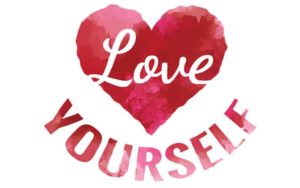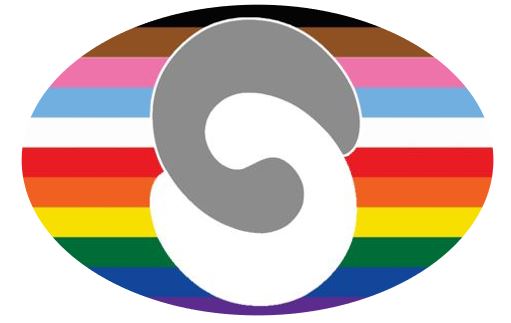Last week, I wrote about the validity of the intimacy we encounter in environments like cuddle events, or with a professional cuddler.
In that article, I tiptoed around using the word love; I avoided it for the most part. But I also used it anyway.
I’ve been thinking about it a lot since.
What’s Does it Mean?
Love is a loaded word.
We use it to describe a whole range of actions and emotions.
Love is the word attributed to the relationship between parent and child, the feeling of euphoria when we think of someone romantically, or also how you might feel towards that mug of coffee in the morning.
Depending on the moment, I think of love as an action, a state of being, or an emotion – either a fleeting one, or one we choose to sustain. Of course it’s confusing! When love could mean gratitude, a warm fuzzy, need and desire, or long-term bonding, using the word can feel sloppy, like a blunt tool.
And yet, that is exactly the word that is on the tip of our tongue, and for many of us the simplest way to describe what we experience.
Just yesterday, I had a first-time client comment toward the end of the session “This feels like love.”
He was perplexed by it. He had never experienced it in this form before. “Maybe it’s common between parent and child, but adult to adult love is rare.”
He didn’t specify, but we both knew he wasn’t talking about romance.
A Careful Choice of Words
I’ve learned to be a little more careful about how I use the word “love” these days. You may notice that in our marketing, we carefully choose words for like care, connection, warmth and nurture. We do this so that we don’t confuse folks with desire, romance or attachment.
Early in my career, I would tell clients “I love you” as often as I could. These days, I’m a little more selective about how I express it and with whom. I’ve learned that I have to teach folks how to hear it and clarify the kind of love I mean. This saddens me to have to do.
To one degree or another, we are all hungry for acceptance and care. Our bodies are wired to need it. And somehow, we’ve learned that the only “real” place to get it as adults is in the context of romantic engagement.
When romance is sold to us as the pinnacle of all human emotion and expression, it’s only natural that it would be the kind of love we long for. If we are cut off from accessing it in more than one form, not getting romantically desired becomes the ultimate form of rejection.
Great Expectations
I totally get it. I’ll admit that I have plenty of expectations from love of my own. I want love to deliver all my needs to me. My need to be seen and validated, my need for touch and affection, my need to desire and be desired. The mistake I can sometimes make by is placing all of these hopes on a single person – my partner. But holy cow, that’s way too much responsibility for one single person to hold!
I’m slowly learning to trust that love can feed me, but only if I learn to accept it in all its forms, from all the sources around me and within me.
An Outside Source
When I first got into professional cuddling, I did so because I wanted to heal the world with my love. I believed deeply in the healing power of unconditional love and wanted to be a source, and access point for those who were needing it themselves.
Now that may sound like a noble thing to you, but I assure you there was a bunch of ego driving it. I was mistaken in understanding my role in it.
I’ve learned a few things since then.
The Ultimate Source
I still believe that unconditional love is the most powerful thing anyone could ever encounter, but I’ve also learned that experiencing it externally is not enough.
In my work, I can model what that this form of love looks like by creating an environment of nurture and care. I do this by channeling all of those feelings of goodwill, acceptance and non-judgment (look, at all the ways I said “love” without saying it!). And don’t get me wrong, our need for care and validation from others is real and should not be downplayed. We evolved as social creatures and our neuro-physiology requires us to have others to co-regulate with. We need loving places and people around us to thrive. Having a that in and of itself, however, would always just fall short of what is truly needed.
At the end of the day, what really creates a shift is when the we can access all those feelings within ourselves. Only then does it become a perpetuating and replenishing resource, nourished and amplified by others, but not reliant on them. It’s like the difference between scaffolding and a solid foundation.
Whitney Houston had it right after all. It’s that cliche, and that true.

Love by Any Other Name
Nobody is confused about what we mean when we talk about love towards ourselves. Is it romantic, is it platonic? Is it a feeling, or an action? Would there be a promise for more?
We don’t ask those questions or say “use another word!”. We get it.
I guess this is why I’ll stubbornly continue to use the world love, because this is what I really mean when I talk about it. Every other word seems to fall short of getting to its breadth and depth.
But make no mistake, this is perhaps the hardest form of love to access. So it’s ok to start with a different word. How about kindness, or appreciation? How about generosity?
Love by any other name is still love.

